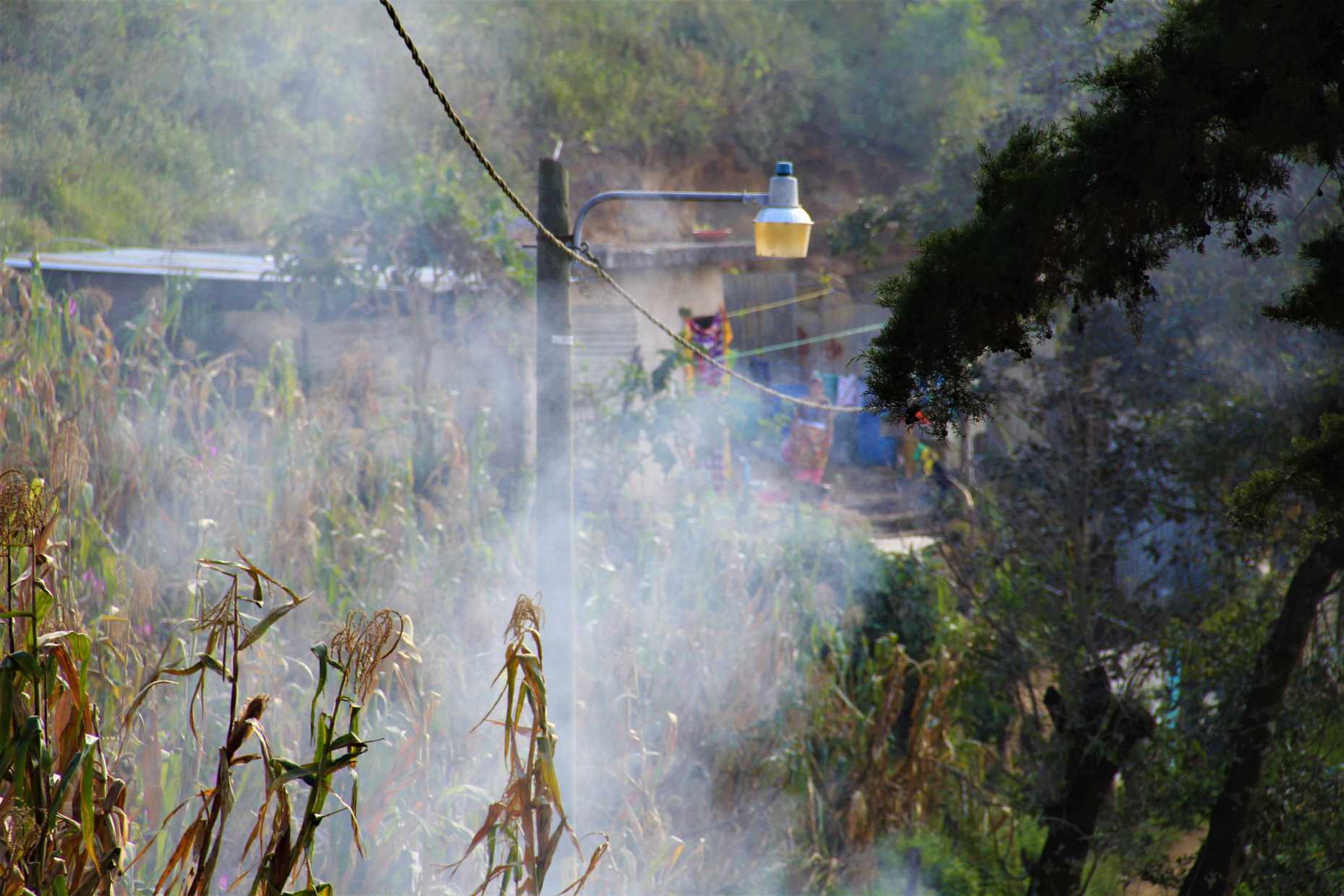Planning clean electrification solutions for rural areas in Guatemala
An exciting Master thesis opportunity with field work in Guatemala is available, under the supervision of Cristina Dominguez, one of the doctoral students in the ETH4D network.

During this project, a framework will be developed for coupling the energy systems demand-supply aspects, proposing clean electrification solutions for the Central American region, starting from case studies in Guatemala. The candidate will perform fieldwork with Cristina Dominguez in Guatemala for one month (based in Guatemala City, but constantly traveling to rural areas) and s/he will be able to interact directly with the Guatemalan partners of this project.
The United Nations listed as one of the Sustainable Development Goals (SDG) for the year 2030 to ensure access to affordable, reliable, sustainable and modern energy for all. Still, around 11% of the global population lack access to electricity (IEA, 2019). The average rural electrification rate in Latin America and the Caribbean has successfully increased from 63% in 1995 to 94% in 2016 (World Bank, 2019). However, the region of Central America has some of the lowest rates, which are attributed to Nicaragua (57%), Honduras (72%) and Guatemala (86%). Extending the national electric grid to these areas comprises a high investment cost for infrastructure work; therefore, other solutions are required, such as the installation of stand-alone systems and micro or mini-grids relying on renewable energies.
For designing clean electrification solutions, it is essential to have an accurate knowledge of the energy demand, as well as the existing infrastructure and renewable energy potential of the areas of interest. The overall goal of this project is to provide a framework for coupling the demand-supply sides of an energy system to identify potential sites for rural electrification projects in Central America and design the possible solutions, starting with case studies in Guatemala. The deployment of the case studies starts with gathering field survey and measurement data, which will be performed in collaboration with Universidad del Valle de Guatemala. These data will be used for further designing a portfolio of electrification solutions.
The objective of this project is to create a framework for providing a portfolio of possible clean electrification solutions based on the estimated energy demand, existing infrastructure and renewable energy potential. Although the requirement is that the created framework should be applicable and validated for Guatemala, it should have the potential of replicability for the rest of Central America.
The first step of the framework includes gathering data from household surveys (already designed) and electricity consumption measurements taken on-site. For this, the candidate and lead researcher will be travelling to Guatemala for an estimated stay of one month, based in Guatemala City with a working space in Universidad del Valle de Guatemala, with frequent trips to rural areas of the country. The candidate will support the lead researcher with the logistics before and during the fieldwork. By going to the field, the candidate will get valuable insights about the actual context of the project, s/he will get to know and work directly with the project’s partners and s/he will be able to collect any missing data from other institutions (if needed). With the information collected on-site, the candidate and the Guatemalan partners will perform a throughout analysis based on the energy demand, existing infrastructure and available natural resources to identify potential sites for rural electrification projects and will develop case studies in which a portfolio of potential solutions should be carefully designed.
The candidate must have knowledge in statistics, energy systems modelling, Python or R (preferably), and ArcGIS. The candidate must speak Spanish fluently, as s/he will be in direct contact with the Guatemalan partner institutions along the project.
1. To perform an extensive preliminary study suggesting potential rural villages in Guatemala to perform the fieldwork.
2. To support the lead researcher with the logistics planning and the direct communication with Guatemalan partners.
3. To support the lead researcher on performing the fieldwork activities in Guatemala, including household surveys and taking measurements of the electricity consumption of selected houses. Then, to process and organize the collected data based on a predefined template.
4. To work along the Guatemalan partner institutions on gathering the data needed for finding the potential sites for electrification projects and modelling a portfolio of supply energy systems.
5. Finally, to write a report giving recommendations to policymakers and public and private institutions based on the performed analysis regarding the best electrification solutions to apply in Guatemala based on national priorities and under different scenarios.
If you are interested and need a more detailed description about the project please contact Ms. Cristina Dominguez () or Dr. Kristina Orehounig ().